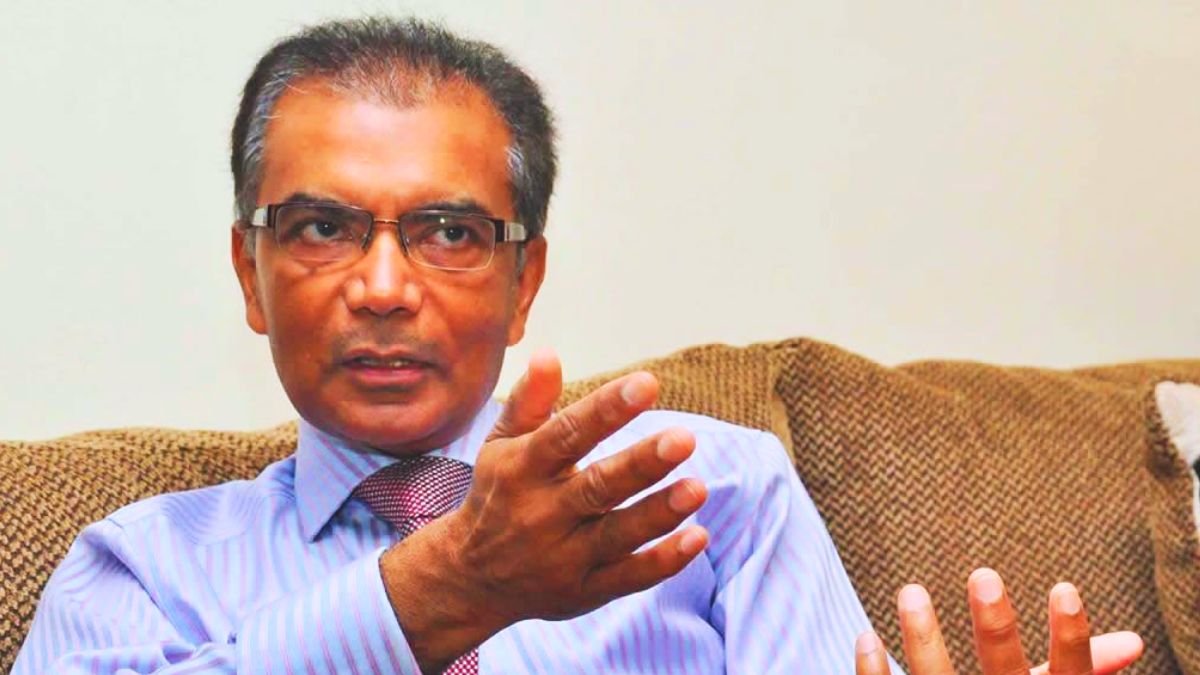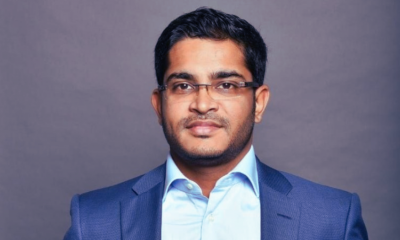Political observer and constitutionalist Milan Meetarbhan believes that the “feel-good factor” is non-existent. According to him, it is likely that the political climate will become more tense, with partisan maneuvers and attempts to maintain power.
What are your thoughts on the recent celebration of the country’s 56th independence anniversary?
Our attainment of independence after years of internal struggle was undoubtedly a decisive turning point in the country’s history, unfortunately not taught to the youth.
It is equally concerning that in recent years, there have been revisionists in positions of power who have sought to rewrite Mauritius’ history, even going as far as modifying school textbooks.
Our country took control of its destiny on March 12, 1968, joining the international community as a sovereign nation.
In the future, unbiased analysts will likely reflect on how the decade leading up to and following independence were the most decisive in our history.
The increase in old-age pension for individuals over 60 and the promotion of corporals to sergeants, announced on March 12, are seen as strategic decisions by the government. What is your opinion on this?
You call them strategic. I would rather say opportunistic… We are in an election period, and Pravind Jugnauth had already set the tone back in December: he is Santa Claus with plenty of gifts to distribute.
However, these “gifts” are funded by public funds and the state apparatus. While the beneficiaries of these measures may be delighted to receive them, one might also question whether it would be more prudent to return this money in the form of tax cuts, VAT reductions, or lower fuel taxes.
Direct and indirect taxes paid by Mauritians under the current regime are the highest since the ’80s. That being said, Mauritians are not quick to forget the abuses, mismanagement, and scandals of recent years, as well as the weakening of our institutions. They are worried about the future.
Do you believe the “feel-good factor” persists across the country? For the “feel-good factor” to persist, it must first exist! Something I have not observed. On the contrary, I find that in recent years, Mauritians have been quite concerned about the future.
Many of our youth, encouraged by their parents, do not return to the country after studying abroad. As for those who do return, they quickly become disillusioned. They even consider emigrating with their families because they are worried about Mauritius’ future.
In some regions, especially in the new developments where young couples had built their homes and raised their children, only elderly individuals remain, as the youth have migrated abroad.
The economy is struggling, there is a erosion of trust in institutions. Mauritians no longer believe in equal opportunities in the country. Simply offering gifts and repeatedly claiming there is a “feel-good factor” does not make that sentiment exist.
It is built and not invented, despite the efforts of propagandists.What other initiatives could the “Santa Claus” consider in the weeks ahead? I do not know, but expect “more of the same thing”. The state apparatus, public funds, and state media will be fully mobilized.
Despite this, there will still be talk of “free and fair elections” and presenting the electoral process in Mauritius as a model for other countries to follow. The next budget presentation will soon take place.
What are your expectations for this exercise? In the past, budget speeches provided a platform for governments to unveil and explain their economic policy as well as their vision for the future.
However, in recent times, these speeches have been reduced to their simplest form: just the Budget – listing in detail the regions where projects will be executed, which are part of the normal course of affairs. Budget speeches are now more used for political marketing, whereas historically they were “policy statements”.
What do you expect from this last parliamentary session before the general elections, when parliamentarians resume their work on March 26? I fear the work will take place in an even more politicized and partisan atmosphere, with the majority seeking any opportunity to praise their Prime Minister. It can also be expected that the government will urgently pass certain crucial bills to preserve specific interests before the dissolution of the National Assembly.
Do you foresee an increase in expulsions and walk-outs by opposition members? I would not be surprised. The record for expulsions in the chamber has already been broken and will likely be surpassed for posterity!
What is your opinion on suggestions made by some observers that the general elections could take place in August or September of this year? Firstly, it is important to note that the resignation of a member of parliament will likely disrupt the electoral calendar. Furthermore, Santa Claus may be forgotten if the elections are too far in the future after gift distribution.
Additionally, I find it unacceptable that a single person decides on the election date and campaign duration in a modern democracy, especially as this person is involved in the elections, giving them an advantage over their competitors.
Do you believe that the rejuvenated opposition, following various rallies, will effectively compete with the government in the upcoming elections? It is certain that the opposition will not have the material and financial resources of the incumbent regime, nor access to the state machinery.
The two sides will not fight on equal terms. However, the opposition can rely on the power of persuasion. They must convince voters of what is amiss in the country and make them understand that it will be worse if the government gets another mandate. They must also persuade the electorate of the merits of their program and team, not just their candidates for the legislature.
What are your predictions for the outcome of the next general elections and what is your opinion on the extra-parliamentary opposition? I believe that the extra-parliamentary opposition often engages in serious reflections on matters of public interest. While some may have a strong dose of ideology, overall, I believe that some extra-parliamentary groups, not being concerned with electoral considerations, have the freedom to think and make serious proposals, even if they are not always feasible.
On the matter of Air Mauritius, do you think that Charles Cartier, recently appointed as the Chief Executive Officer, will have the ability to steer the company in the right direction, especially as he is the twelfth person to hold this position in the last 24 years?
The Air Mauritius saga, which began long before COVID-19, is often used to explain the national airline’s woes, reflecting what the ruling regime has done to our institutions.
If the new CEO can restore good governance, recognize competencies – which certainly exist within Air Mauritius, and position the company as a competitive commercial player while preventing it from being politicized, he will have the support of Mauritians.
Source: Defi Media












